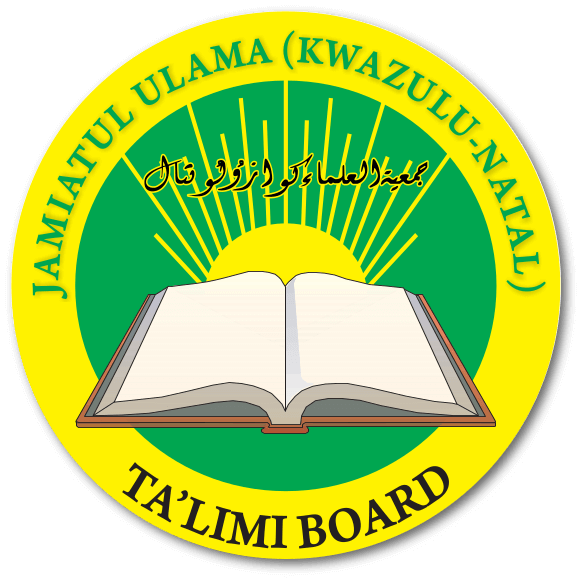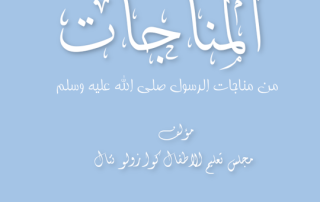Latest Muzaakarah Worksop Audio: >>>CLICK HERE<<<
Muzaakarah Workshop 13 July 2024
Qiraat
by: Qari Hamza Adamjee
![]() ————————————————–
————————————————–
Naseehat
by: Moulana Imtiaaz Kathrada
![]() —————————————————-
—————————————————-
Teacher Parent Relationship
Avoiding Conflict
by: Moulana Ismail Bayat
![]() —————————————————
—————————————————
Salaah in the Lives of the Students
by: Moulana Ismail Carrim
![]() —————————————————
—————————————————
Respected Asaatizah / Mu’allimaat
Assalaamu alaykum warhmatullahi wabrakaatuhu
Alhamdulillah by the grace of Allah Ta’ala today is our first day of maktab after a long Eidul Adha holiday.
May Allah Ta’ala accept our Qurbaani and bless us all with His Radhaa (pleasure).
Indeed, to teach the Qur-aan Shareef to little children is a very great boon and favour of Allah Ta’ala upon us. May Allah Ta’ala keep us always in the khidmat and service of His Deen till our final moments.
Teachers are humbly requested to take note of the following guidelines before we start our new term;
- Niyyat: Check our Niyyat (intention) before commencing. Our intention for teaching must be only for the pleasure of Allah Ta’ala, to attain sawaab and rewards from Allah Ta’ala and to pass on the teachings of Rasulullah (sallallahu alayhi wasallam) to the Ummah. Let us perform two rakaats of Salaah before going into our classrooms and ask Allah Ta’ala to help and guide us along this journey.
- Greet the children warmly with salaam and welcome them back to the Madrasah. Ask them how their holidays were and how they spent their time. Advise them gently where necessary.
- Workshop: On Saturday (13 July) will be our Maktab teachers Muzakaarah (workshop) in Westville. Please attend and pass the message on to the other teachers at the maktab as well. (poster is attached). It is very important for us as teachers to attend these programs and benefit from the different speakers.
- Look at the half yearly marksheets and see our weak areas. Plan out how we can improve on these weak areas. Discuss with our principals and supervisors on how we can improve the levels of our education in our classes.
- Practicals and Sunnat Exams: This term will be our practicals and Sunnats examinations. Let us begin our preparations for these exams. Practical wudhu and Salaah is very important for every maktab child and is amongst the objectives of the maktab. Let us ensure that every child knows how to make wudhu and perform Salaah correctly. [Marksheets are attached]
- Salaah: Ensure that children perform the Zuhr and Asar Salaah daily in the Madrasah.
- Ta’leem and Zikr: Prepare the last few minutes of each day for Ta’leem, Zikr and the Daily Reminder.
- Al-Maktab Newsletter: The Al-Maktab newsletter discusses the virtues of Muharram and Aashoora. Please take out some time and discuss this newsletter with the children. [Newsletter attached]
- Tuhfatul Banaat / Shabaab: Grade 6 and 7 teachers should try and round up the syllabus for Tuhfatul Banaat / Shabaab for this term.
- Dua: Finally make special dua to Allah Ta’ala for His help, guidance and acceptance. Also remember to make dua for the entire Ummah that Allah Ta’ala brings about favourable conditions on the Ummah.
May Allah Ta’ala forgive us all and accept us for the khidmat of His Deen. Aameen.
Was Salaam






